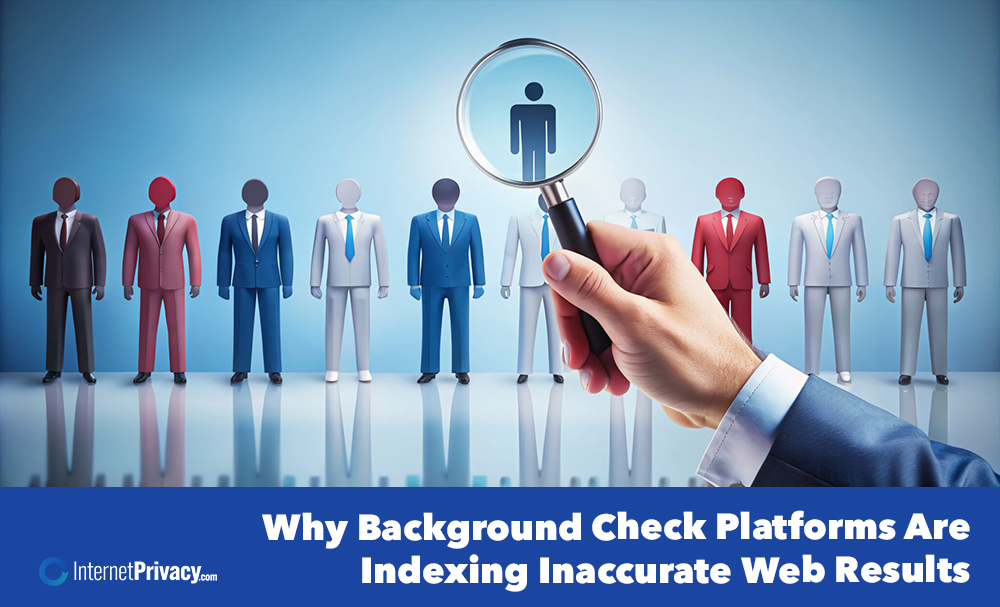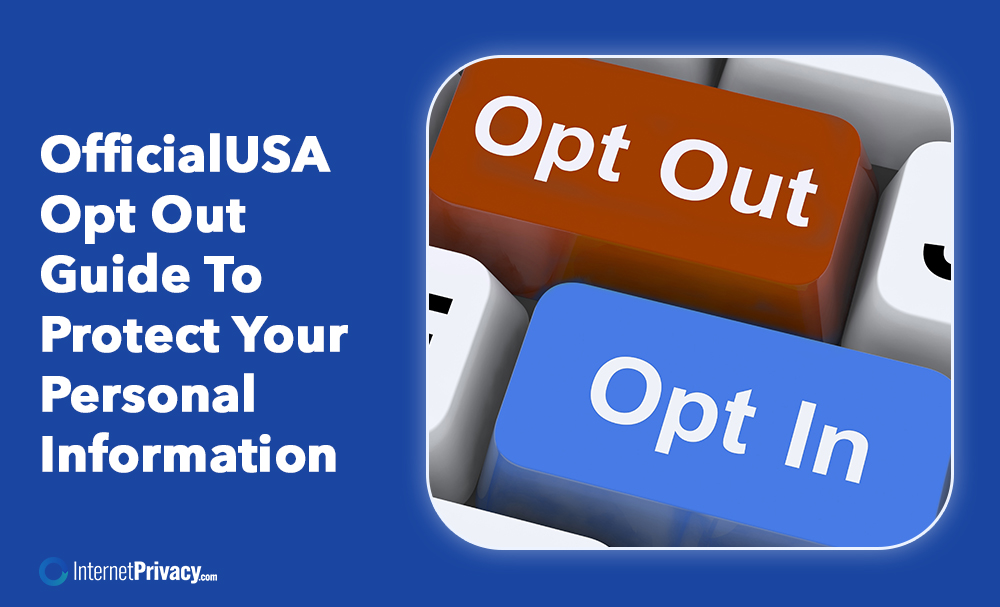Why Background Check Platforms Are Indexing Inaccurate Web Results

Background check platforms play a vital role in modern hiring, tenant screening, and risk mitigation. From criminal background checks and employment history to drug screening and education verification, these platforms have become central to HR professionals, landlords, and recruiting teams. But despite the adoption of AI-powered technology and scalable solutions, many users still encounter inaccurate web results that undermine trust in the screening process.
The Background Screening Process: What’s Supposed to Happen
A typical background screening process pulls data from multiple sources, including criminal record checks, motor vehicle records, employment background history, education verification, and even credit checks. Top background check software, such as First Advantage or Sterling Check Corp, utilizes integrated systems with built-in compliance tools, status tracking, and downloadable reports to streamline the process.
The goal of these platforms is to provide comprehensive background checks quickly and accurately. Their key features often include global background checks, international background checks, easy-to-use interfaces, and API integration with applicant tracking systems and HR systems. These features help employers mitigate risk and ensure smarter hiring decisions.
Yet, despite these technological advances and promises of speedy turnaround times, users still find erroneous data in their screening results. This raises questions about the reliability of background check services and highlights the need for continuous improvement in the background screening process.
Where Inaccuracies Come From
1. Outdated or Unverified Public Data
Many background check providers rely on outdated, incomplete, or irregularly maintained third-party public records. These records may include arrest records that were later expunged or criminal record searches that haven’t been updated post-dismissal. Without a global watchlist search or up-to-date record checks, the screening process can yield inaccurate or misleading results, which is especially problematic for pre-employment background checks and identity verification.
2. Automation Gaps in AI-Powered Technology
While machine learning and AI-powered technology improve speed and scale, they also introduce new types of errors. Algorithms may confuse individuals with similar names or improperly scrape inaccurate information from the web. This is especially risky when dealing with adverse media checks, as even a single wrong match can impact a candidate’s standing or delay their background check status.
3. Incomplete Verification from Previous Employers
Verifying employment history and professional licenses is a crucial aspect of thorough background checks. However, some background check companies fail to confirm data with previous employers, relying instead on automated database searches. This shortcut compromises the reliability of employment background results. Dot employment verification, a critical compliance step, especially in regulated industries, can sometimes be overlooked or performed inadequately.
4. Variability in Data Sources and Compliance
Differences in local, state, and international data sources can affect the completeness and accuracy of background checks. Some background screening companies may not fully comply with all regional regulations, resulting in information gaps or legal risks. This is why selecting top background check companies with robust compliance tools and expertise is crucial for obtaining reliable results.
The Real-World Consequences of Inaccurate Background Checks
When background check platforms index the wrong information, individuals and companies face severe fallout:
- Job offers rescinded due to incorrect criminal history or incomplete employment verification.
- Tenant applications are denied due to outdated arrest records or errors in credit checks.
- Delayed onboarding of new hires while recruiting teams work to clarify background check status.
- Legal exposure if an employer fails to comply with regulations during the background check process.
Beyond legal risks, companies suffer reputational damage, loss of trust with candidates, and inefficiencies in high-volume background checks, especially in industries with fast hiring cycles. These issues can ultimately affect business growth and employee morale.
How Background Check Platforms Can Improve
To provide accurate background checks and smarter hiring support, background screening companies need to:
✔ Implement Real-Time Data Updates
Refresh criminal record searches and employment history data more frequently to avoid outdated information from lingering in the system. Automated workflows can help update these records promptly and reduce human error.
✔ Improve Verification Workflows
Use a hybrid model that combines automation with manual verification for previous employers, drug testing records, and education verification. This results in more thorough background checks and reduces the likelihood of false positives or negatives.
✔ Add Better Built-In Compliance Tools
Integrate legal safeguards directly into the platform to ensure HR professionals remain compliant during the background screening process, particularly when adverse actions are being considered. Compliance tools tailored to different industries and jurisdictions help mitigate legal risks.
✔ Offer Custom Screening Packages
Allow companies to customize screening services according to their industry needs, risk level, or job function. This flexibility can help avoid over- or under-screening, making the screening process more efficient and relevant.
✔ Enhance Transparency via Online Portals
Provide applicants with access to an online portal to review their background check status, dispute errors, and view downloadable reports in real-time. Transparency enhances the candidate experience and facilitates faster issue resolution.
✔ Expand Use of Advanced Technologies
Leverage machine learning and AI-powered technology not only for speed but also for accuracy improvements, such as better identity verification and more intelligent data matching algorithms.
What HR Professionals and Companies Can Do
If you’re conducting background checks or selecting a background check provider, here are steps to protect your process:
- Select providers that integrate seamlessly with your tech stack and offer top-notch background check software, proven for its accuracy and compliance.
- Ask for details about their data sources, machine learning tools, and update cycles to understand how they maintain data quality.
- Prioritize platforms that offer dedicated support, scalable solutions, and robust compliance tools to efficiently handle high-volume background checks and complex screening needs.
- Mitigate risk by conducting periodic audits of your screening results and refining custom packages for different roles to ensure they remain relevant.
- Consider providers with robust employment verification processes and comprehensive criminal background checks to reduce errors.
Final Thoughts
Even the best background check software isn’t foolproof. Background check platforms continue to index inaccurate web results due to data lags, incomplete records, or AI limitations. The result? Compromised hiring decisions, legal risk, and damaged trust.
To hire smarter and maintain credibility, background screening companies and employers alike must prioritize accurate data, scalable solutions, and compliance-first tools. Because in the hiring process, reputation matters—and inaccuracy isn’t just an inconvenience, it’s a liability.
By embracing improved verification workflows, enhanced transparency, and advanced technologies, the future of background check platforms can better serve HR professionals and recruiting teams worldwide, ensuring safer workplaces and more confident hiring decisions.





